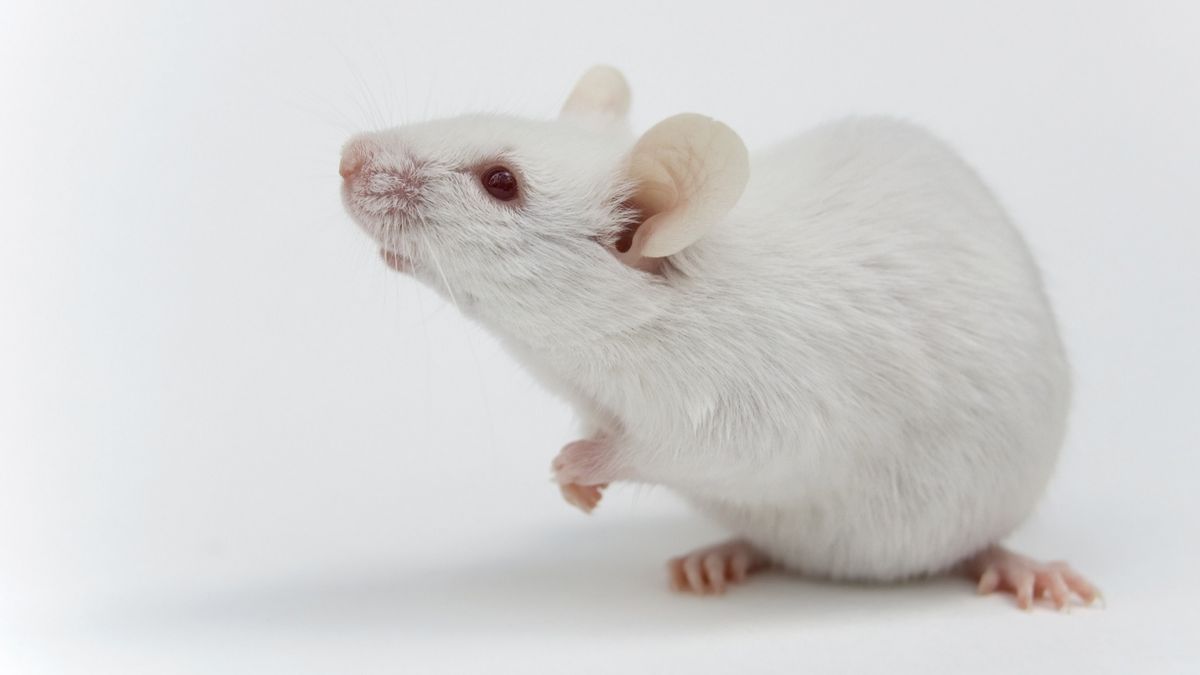Now Reading: Cancer Drug Combo Extends Mice Lifespan by 30%, Human Anti-Aging Effects Uncertain
-
01
Cancer Drug Combo Extends Mice Lifespan by 30%, Human Anti-Aging Effects Uncertain
Cancer Drug Combo Extends Mice Lifespan by 30%, Human Anti-Aging Effects Uncertain

Fast Summary
- A new study reveals that a combination of two FDA-approved cancer drugs, rapamycin and trametinib, can increase the lifespan of mice by up to 30%.
- Administered separately, rapamycin extended mouse lifespans by 15%-20%, while trametinib provided an increase of around 5%-10%. Together,their combined effects were stronger.
- The drugs reduced chronic inflammation and delayed cancer advancement in aging mice. They also influenced gene activity differently when used in combination versus alone.
- Both drugs target molecular pathways associated with aging and diseases like cancer: rapamycin inhibits mTOR protein activity while trametinib disrupts the RAS/Mek/Erk pathway.
- While promising for aging studies, the findings may not directly translate to humans; researchers advocate for further optimization and clinical trials for human applications as potential “geroprotectors.”
!Cancer drug cocktail extends lives of mice
Indian Opinion Analysis
this study on longevity-enhancing medicines opens pathways for advancing health sciences globally-an area where India has been increasingly active through biomedical research initiatives and pharmaceutical manufacturing capabilities. While these promising results from animal studies are still far from human application, India’s robust clinical trial ecosystem could play a vital role in testing innovative geroprotector drugs like this combination therapy in the future.
Potentially improving how humans age has implications beyond health-it could address challenges posed by India’s rapidly growing elderly population (expected to double by 2050). If successful later down the line, such breakthroughs may reduce healthcare burdens associated with chronic conditions like diabetes or cancer among older people.
India’s leadership as a generics producer means it could make scientific progress affordable worldwide after rigorous testing proves efficacy; though, ethical safeguards must remain central during experimentation phases involving complex novel therapies.




























